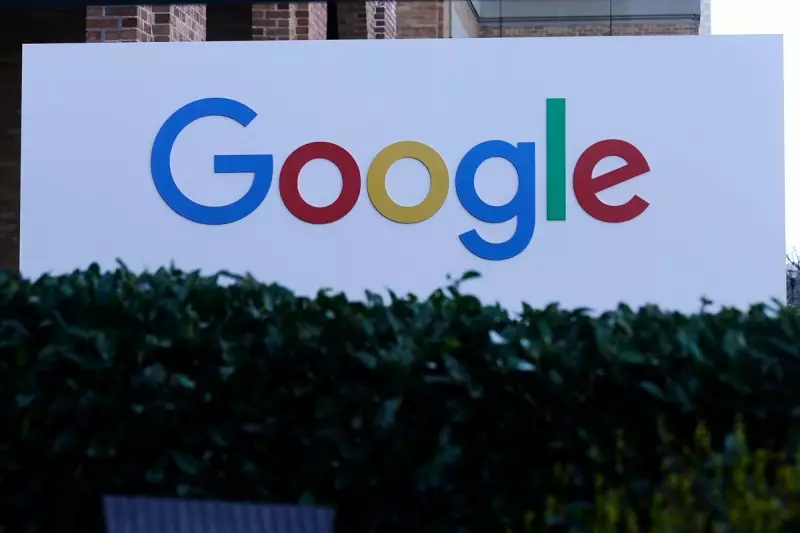
In a dramatic conclusion to one of the tech industry's most closely watched legal battles, the US Supreme Court has delivered a final verdict that maintains the status quo for Apple's controversial App Store policies.
The Final Chapter in a Four-Year Legal War
Both Epic Games, creator of the global phenomenon Fortnite, and tech titan Apple saw their appeals rejected by the nation's highest court this week. This decision effectively ends the marathon legal confrontation that began in 2020 when Epic deliberately violated Apple's App Store rules to challenge what it called an illegal monopoly.
What the Ruling Means for Developers and Consumers
The Supreme Court's refusal to hear the case leaves in place a mixed ruling from California's Ninth Circuit Court of Appeals. While the lower court found Apple had violated California's unfair competition law, it rejected Epic's core argument that Apple maintained an illegal monopoly.
The key outcomes include:
- Apple must allow developers to include links to alternative payment methods
- The 30% commission on in-app purchases remains largely intact
- Apple's "walled garden" approach survives the legal challenge
- Developers gain limited payment options but significant restrictions apply
A Pyrrhic Victory for Both Sides
Epic Games CEO Tim Sweeney didn't hold back in his assessment, calling the outcome a loss for developers and consumers alike. Meanwhile, Apple declared victory, emphasising that their business model—which they argue ensures security and quality—remains "thriving and competitive."
The Wider Implications for Tech Regulation
This landmark case represents a significant moment in the ongoing global scrutiny of Big Tech's power. While Epic failed to achieve its ultimate goal of breaking Apple's control over iOS app distribution, the case has undoubtedly accelerated regulatory attention on app store practices worldwide.
The battle may be over in American courts, but the war over digital market fairness continues to rage in legislative chambers and courtrooms across the globe.





